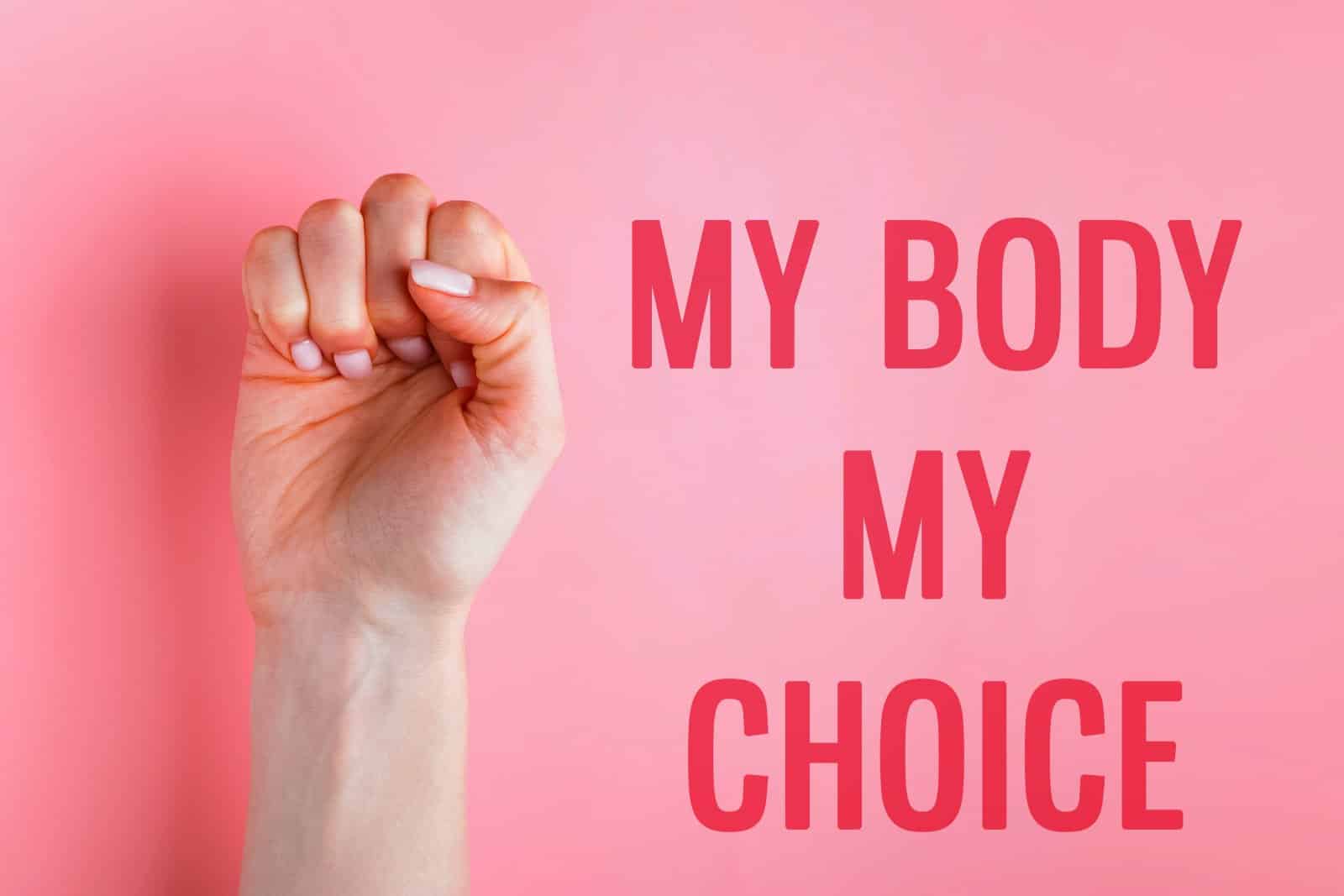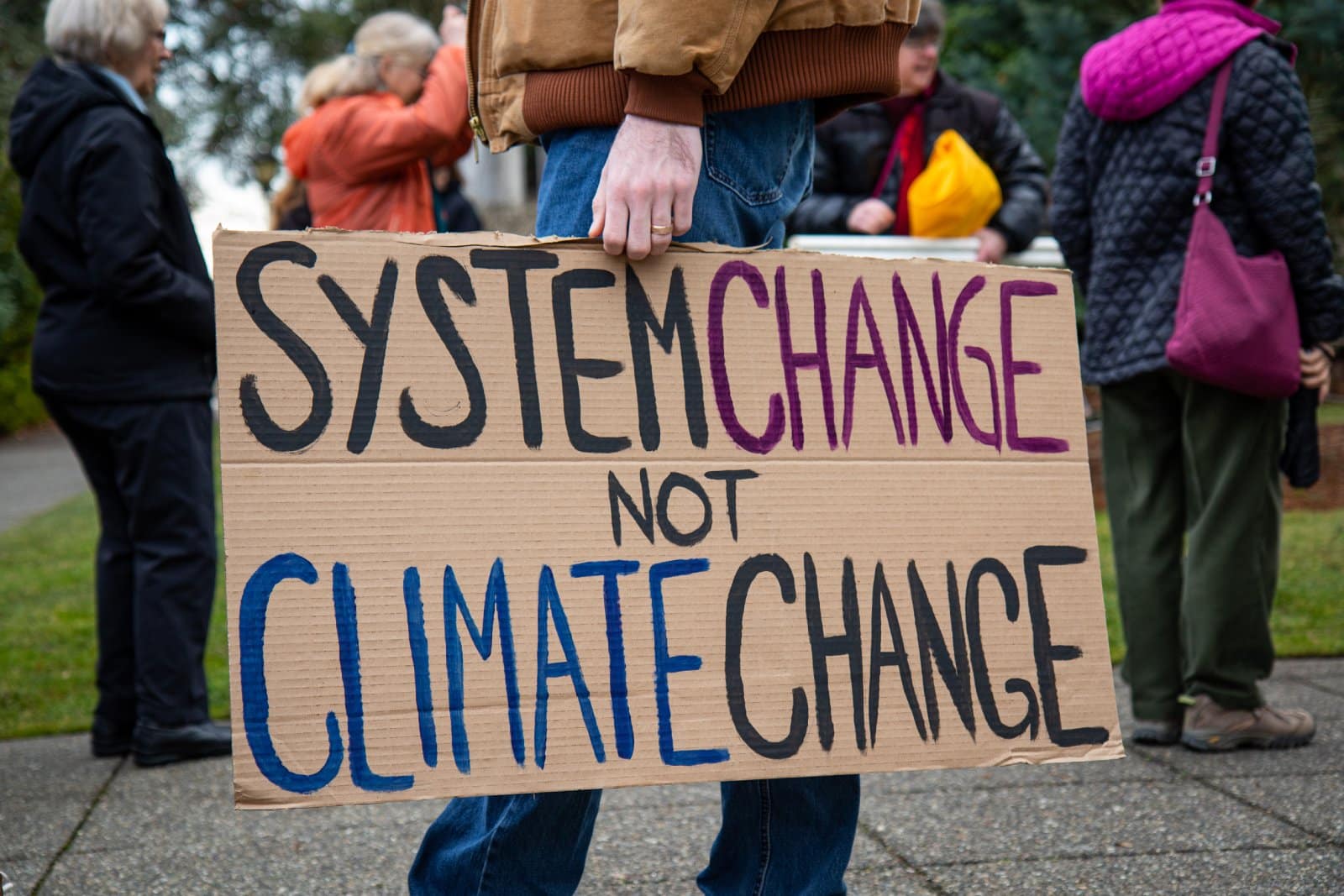It’s an enduring debate in pubs and at dinner tables across the UK: are the Baby Boomers, those icons of post-war optimism and radical change, now the champions of “do as I say, not as I do”? From their free love summers to their free market winters, here’s a look at 21 ways in which Boomers are often seen as walking contradictions by the younger generations.
1. Environmental U-Turns

Once the standard-bearers for the first Earth Day, some Boomers now face criticism for backing policies that favour economic growth over the planet’s health. Who swapped green peace for green pounds?
2. Economic Double Standards

Boomers enjoyed booming post-war economies and affordable university tuition. Today, they’re often seen guarding the fiscal gates against policies that might ease the financial burden on younger Brits.
3. Property Hoarding

Having climbed the property ladder when the rungs were nicely spaced, some Boomers are now accused of pulling it up after them, resisting new housing developments to protect their bucolic views and property values.
4. Tech-Averse Traditionalists

For a generation that witnessed the dawn of the computer age, some Boomers are oddly sceptical of new tech. Are smartphones really that different from the calculators they once heralded as revolutionary?
5. Work Ethic Whinges

Famed for their industrious spirit, Boomers sometimes chastise younger workers for lacking grit, despite the modern need for a side hustle just to rent a broom closet in Zone 2.
6. Political Backtracking

The radical activists of the ’60s now sometimes sit in the conservative seats, championing stability over the social justice causes they once marched for.
7. Social Welfare Switcheroo

Boomers who benefited from expansive post-war social programmes often bristle at funding similar benefits today, citing economic climates rather than climate change.
8. Debt Denouncements

Boomers decry national and personal debt, despite having sailed through a sea of economically tranquil waters themselves.
9. Racial Equality Rethinks

They marched for civil rights but now some Boomers balk at the new guard’s methods in continuing the fight for racial equality. Has the torch been passed, or just extinguished?
10. Feminist Faux Pas

Early feminists, some Boomers don’t always throw their support behind today’s movements, which they view as too confrontational. Did bra burning go out of style?
11. Education Evolution Resistance

Once pioneers of progressive education, now some decry modern methods as too lenient. Are iPads really that different from slide rules, or just harder to wield as weapons?
12. Conspicuous Consumption

The generation that wanted to tune out and turn on now often embraces a lifestyle of ‘the more you have, the more you are’, swapping spiritual enlightenment for LED downlights.
13. Social Security Scrooges

Fiercely protective of their pensions, some Boomers are seen as indifferent to the plight of younger generations facing more precarious financial futures.
14. Healthcare Hypocrisies

Having enjoyed the expansion of the NHS, some Boomers are now viewed as gatekeepers against further reforms that might benefit younger, less wealthy demographics.
15. Corporate Cuddling

Once critical of ‘The Man’, some Boomers are now seen cuddling up to corporate interests, donning suits they once swore to shun.
16. Isolationist Instincts

Global peace and understanding were all the rage, but now some Boomers lean towards protectionist policies. When did ‘world peace’ shrink to ‘my piece of the world’?
17. Climate Change Cold Feet

Environmental champions to some, yet climate change sceptics to others. Are melting ice caps too abstract compared to cold hard cash?
18. Traditional Values Veneration

Advocates for social liberation, some now cling to traditional family and social structures as if they were life rafts in their sea of change.
19. Retirement Realities

Boomers emphasise saving for retirement but were beneficiaries of more generous pension schemes than those available today. Coincidence?
20. Charitable Chiding

Once community-focused, now some Boomers are seen as less engaged in volunteering, challenging younger generations to fill the gaps.
21. Public Discourse Police

Champions of free speech, unless that speech challenges their views. When did open dialogue become a one-way street?
Generational Give and Take

Remember, these perceptions are not universal truths but highlight the complexities of generational dynamics. As we navigate these discussions, perhaps we can find ways to bridge the generational divide with a bit of British humour and a healthy dose of reality checks. After all, every generation has its contradictions; it’s how we handle them that counts.
Featured Image Credit: Shutterstock / Pormezz.
For transparency, this content was partly developed with AI assistance and carefully curated by an experienced editor to be informative and ensure accuracy.

